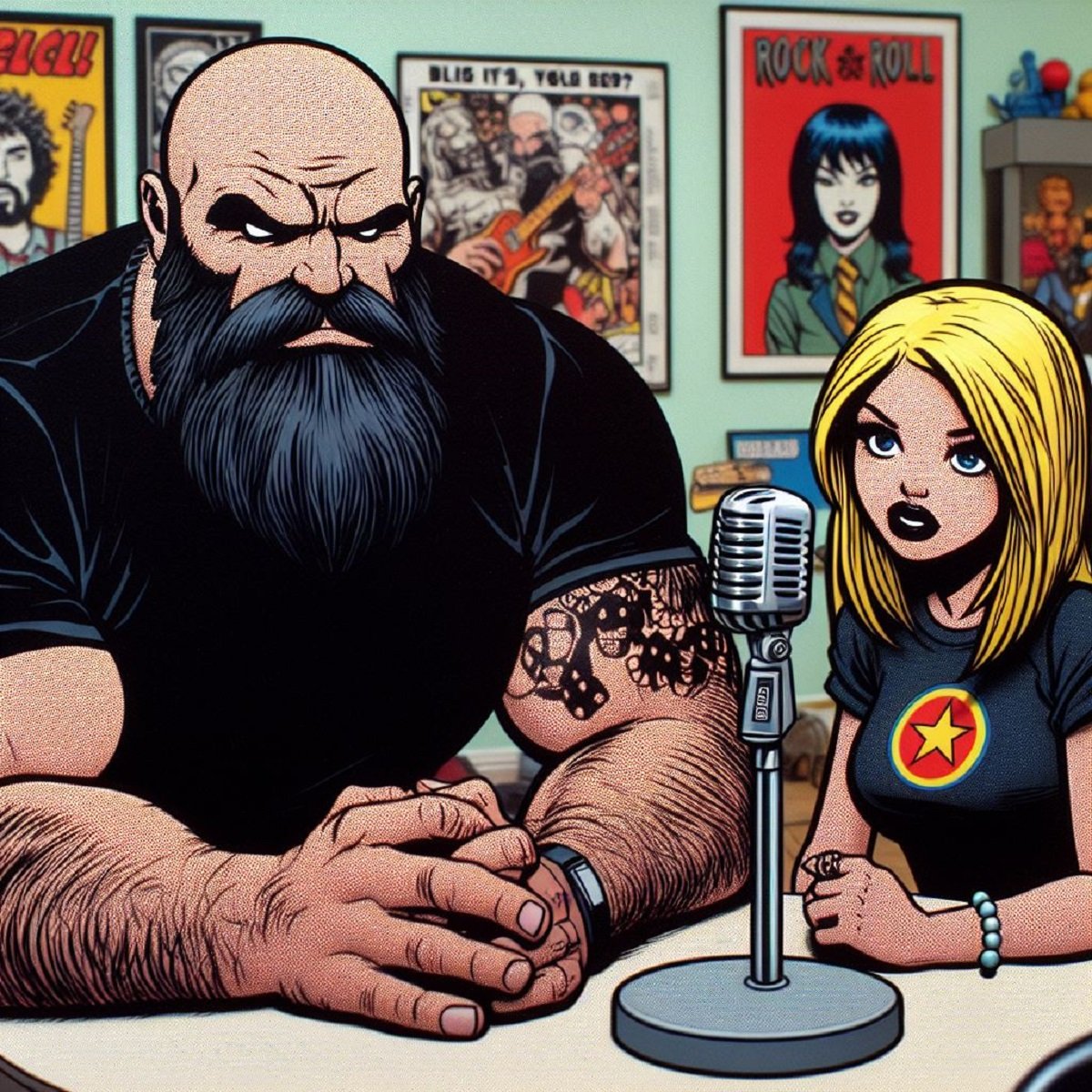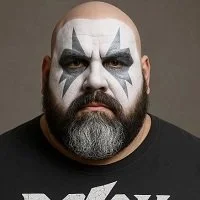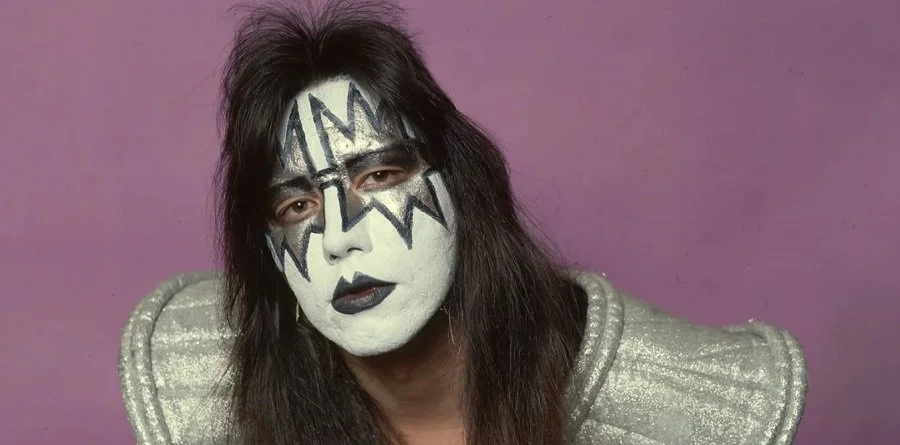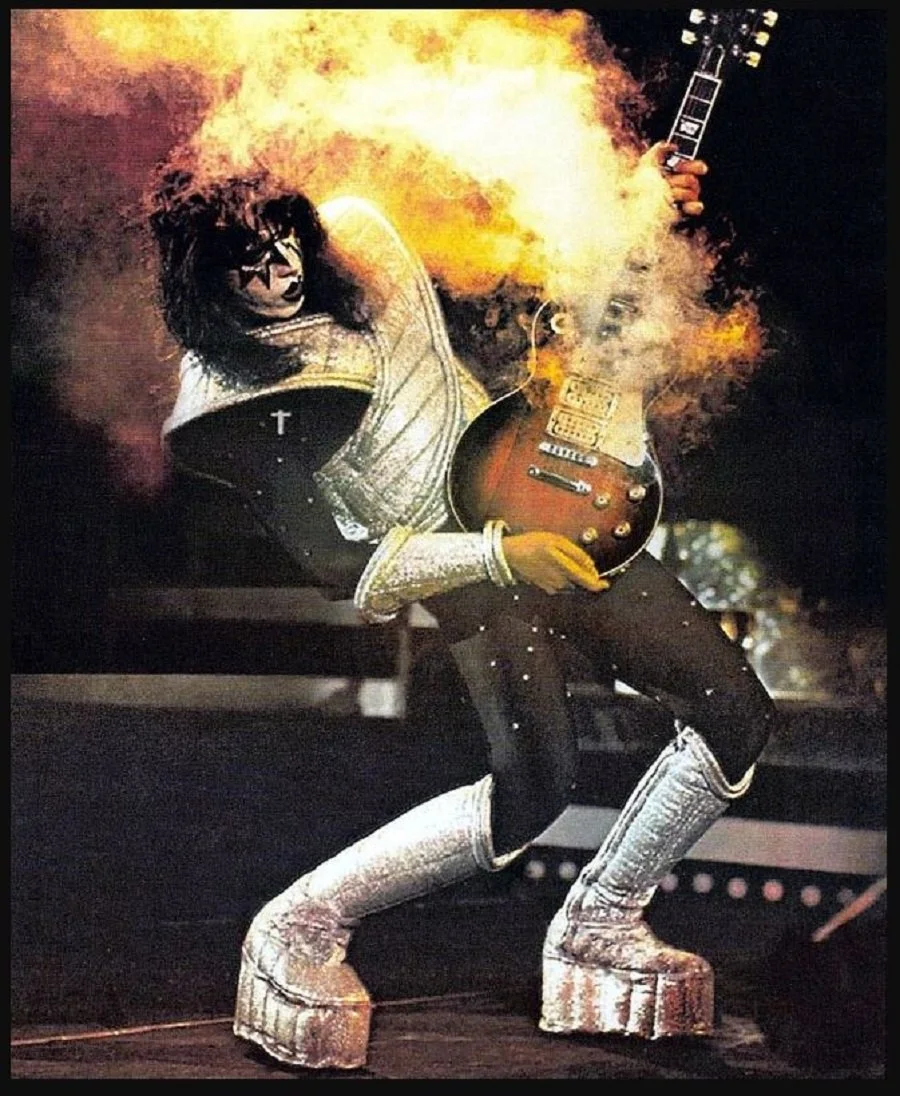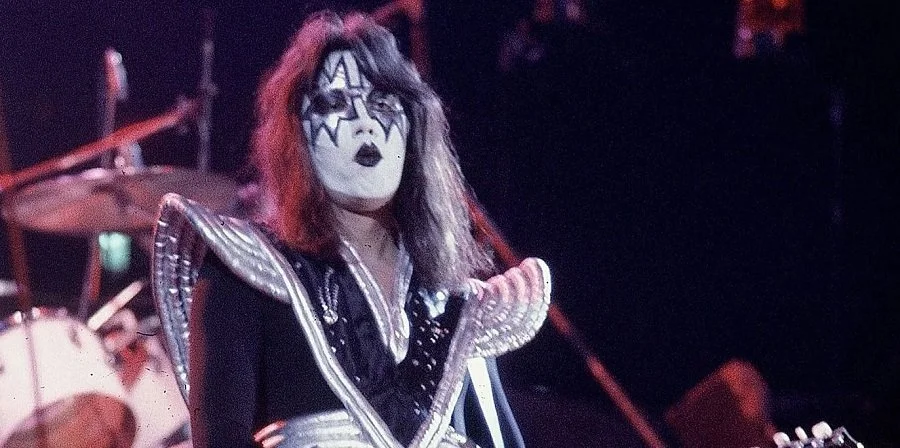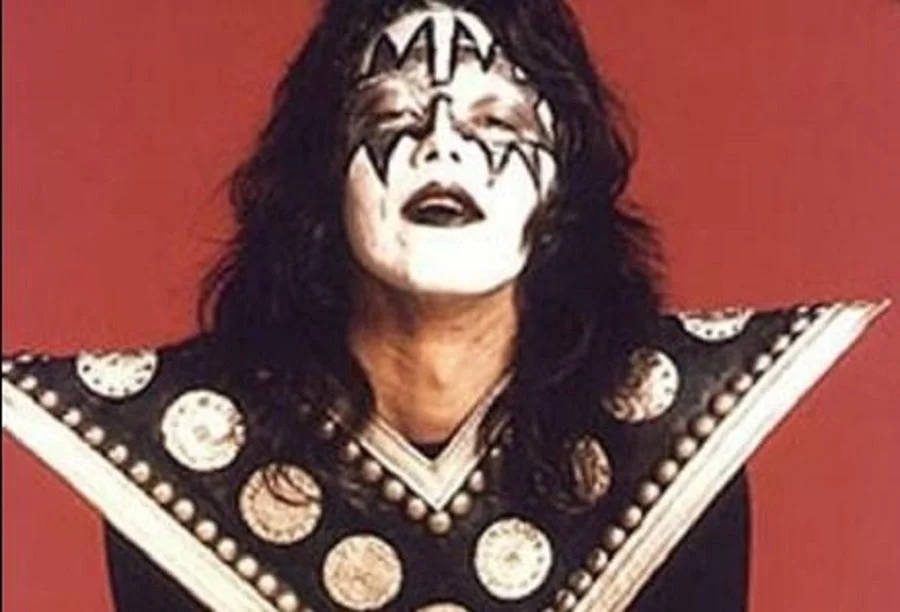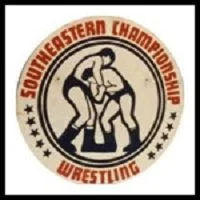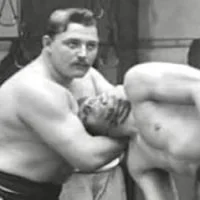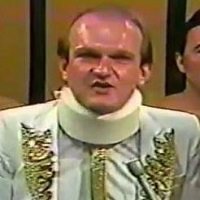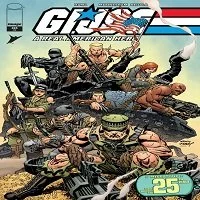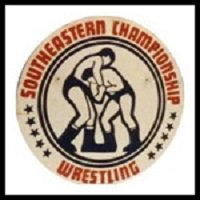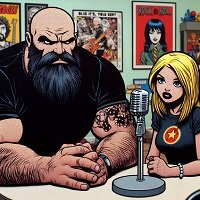By: “DragonKingKarl” Karl Stern (Patreon / Facebook / Email)
Webmaster & Writer - When It Was Cool
Podcast Host - Wrestling Observer, When It Was Cool
Ace Frehley: The Life, Death, and Legacy of KISS’s Spaceman
Discover the life and death of KISS guitarist Ace Frehley, his electrifying journey from the Bronx to rock superstardom, and how his innovative guitar work and “Spaceman” persona forever changed rock music.
From the Bronx to the Stars
Paul Daniel “Ace” Frehley was born on April 27, 1951, in the Bronx, New York — a working-class kid who would one day become one of rock’s most recognizable figures. Growing up in a musical household, Frehley developed a fascination with the guitar and the larger-than-life performers of the late 1960s. By his early twenties, his lightning-in-a-bottle combination of raw energy and charisma led him to answer an ad placed by Gene Simmons and Paul Stanley seeking a lead guitarist.
That audition in 1973 would change his life forever. The band that emerged from that room — KISS — would become one of the most successful and visually iconic acts in rock history.
Becoming the Spaceman
When KISS began crafting their theatrical identities, Frehley became “The Spaceman” (or “Space Ace”), complete with silver makeup, cosmic motifs, and a signature smoking guitar. His persona reflected his fascination with sci-fi and the unknown — and it perfectly complemented the other members’ fire-breathing, blood-spitting characters.
Onstage, Frehley’s playing and presence turned concerts into cosmic carnivals. His guitar would literally smoke during solos, and his tone — thick, melodic, and slightly unhinged — became as much a part of KISS’s identity as their makeup. Songs like “Shock Me,” “Cold Gin,” and “Rocket Ride” became instant fan favorites, capturing both his humor and his musical firepower.
Shock, Fire, and Triumph
Ace Frehley wasn’t just a gimmick; he was the soul of KISS’s sound. His guitar solos were singable — a rare quality in hard rock — and his blend of bluesy licks, distortion, and spacey effects inspired a generation of guitarists from Slash to Zakk Wylde.
In 1978, when each member of KISS released a solo album, it was Frehley’s record that soared highest. His rendition of “New York Groove” became a Top 20 hit, proving he had star power that could stand on its own.
But behind the makeup, fame took its toll. The pressures of touring, creative disputes, and substance abuse began to fracture the band. By 1982, Ace had left KISS, disillusioned with its increasingly commercial direction.
A Life Beyond KISS
After his departure, Frehley formed Frehley’s Comet in the late 1980s and released several solo albums that reconnected with his raw, guitar-driven roots. His later works — including Anomaly (2009) and Spaceman (2018) — showed that he never lost his touch for writing infectious riffs and interstellar anthems.
Though his personal struggles were well-documented, Ace’s candor about his recovery and his desire to reconnect with fans made him one of rock’s most relatable legends. He remained beloved by the KISS Army and respected across the music world.
Tragic End and Final Bow
On October 16, 2025, the rock world mourned the loss of Ace Frehley. The guitarist passed away in Morristown, New Jersey, following complications from a fall at his home that led to a brain injury. He was 74 years old.
Tributes poured in from every corner of the music industry. Paul Stanley called him “a true original whose spirit could never be duplicated.” Gene Simmons remembered him as “a brother in sound, an innovator, and one of the most important figures in rock guitar history.” Fans around the world shared stories of their first concerts, their first guitars, and the first time they saw the Spaceman take flight under the lights.
The Legacy of the Spaceman
Ace Frehley’s influence reaches far beyond KISS. He helped define the visual language of arena rock — makeup, costumes, pyrotechnics, and character-driven performance — blending theater with raw musical passion. His fearless approach to the guitar inspired countless players to balance melody with mayhem.
Perhaps more importantly, Ace gave rock fans permission to dream big. He was proof that a shy kid from the Bronx could become an intergalactic guitar hero — that rock and roll could be both dangerous and fun, both human and otherworldly.
Even decades after his debut, his fingerprints remain on modern rock, metal, and pop culture. His riffs echo through tribute bands, video games, movie soundtracks, and every kid who picks up a Les Paul and cranks an amp to ten.
Conclusion: Ace Frehley’s Eternal Orbit
Ace Frehley didn’t just play the guitar — he made it talk, scream, and soar. His humor, heart, and cosmic energy helped transform KISS from a bar band into a cultural phenomenon.
Though his earthly journey ended in 2025, the Spaceman’s legacy continues to orbit our collective imagination. Every time the lights dim and the first riff roars through a speaker, Ace Frehley’s Spaceman spirit blazes on — forever loud, forever electrified, forever rock and roll.
If you found this article interesting, please consider becoming a Patreon supporter. That is how When It Was Cool keeps our website and podcasts online, plus you get lots of bonus content including extra podcasts, articles, ebooks, and much more. Check out our Patreon Page to see what's up!
